THE ART OF QUESTIONING
In today’s world, it appears the art of questioning is increasingly frowned upon. Questioning public policies and issues that should be important to citizens is viewed negatively while questioning public policy makers in a way that leans more toward praise is complimented.
Let me give you an example. A question such as, “Trudeau, why is your delightfully vicious treatment of the unvaccinated so beneficial to the New World Order” could very well win you a prize in investigative journalism. On the other hand, a question that makes a public policy maker look bad, or appear incompetent, is a no-go zone. The almost guaranteed mainstream outrage would be on par with that of a heinous crime! At least, the offending questioner would certainly be treated similarly. Why — a rational person might ask — does this over-the-top reaction take place?
The answer is actually fairly simple. Prolonged comfort has created an environment where emotion guides the decision-making process. Shockingly, facts or clear truths are seen as inconvenient. Even more remarkable, questions that are actually in the best interest of the public are sometimes received negatively by the public. The masses are displeased with the question and for no better reason than that they don’t want to know the answer. Many people don’t want to be informed, they simply want to feel informed. People hear what they want to hear.
In addition and because so much is politicized today, people assume political background on the basis of how questions around hot-button topics are asked. Questions as simple and as important as, “do we really need to go to war with that country?” or “is that drug truly safe?” are viewed to be in line with a certain political affiliation. A reply to those questions might include, “oh, you must be a Democrat” or, “you must be a Republican”.
"An honest question should be met with an honest answer."
An honest question should be met with an honest answer. Honest questioning allows for the opportunity to review and discuss evidence used to justify policy creation. This is essentially the art of questioning.
The motto can be very simply summarized: Feel comfortable asking questions in different settings and different scenarios. Don’t only question when you feel it’s appropriate to do so — question when you feel uncomfortable doing so. To question is a fundamental part of understanding. If questioning and discussion are stifled, people can easily be driven to extremes.

Sheldon Munroe
SAM Member, University of Calgary student
Click below to share this post.
ENJOYED THIS POST?
Join our newsletter to get blog posts like this emailed directly to you!

